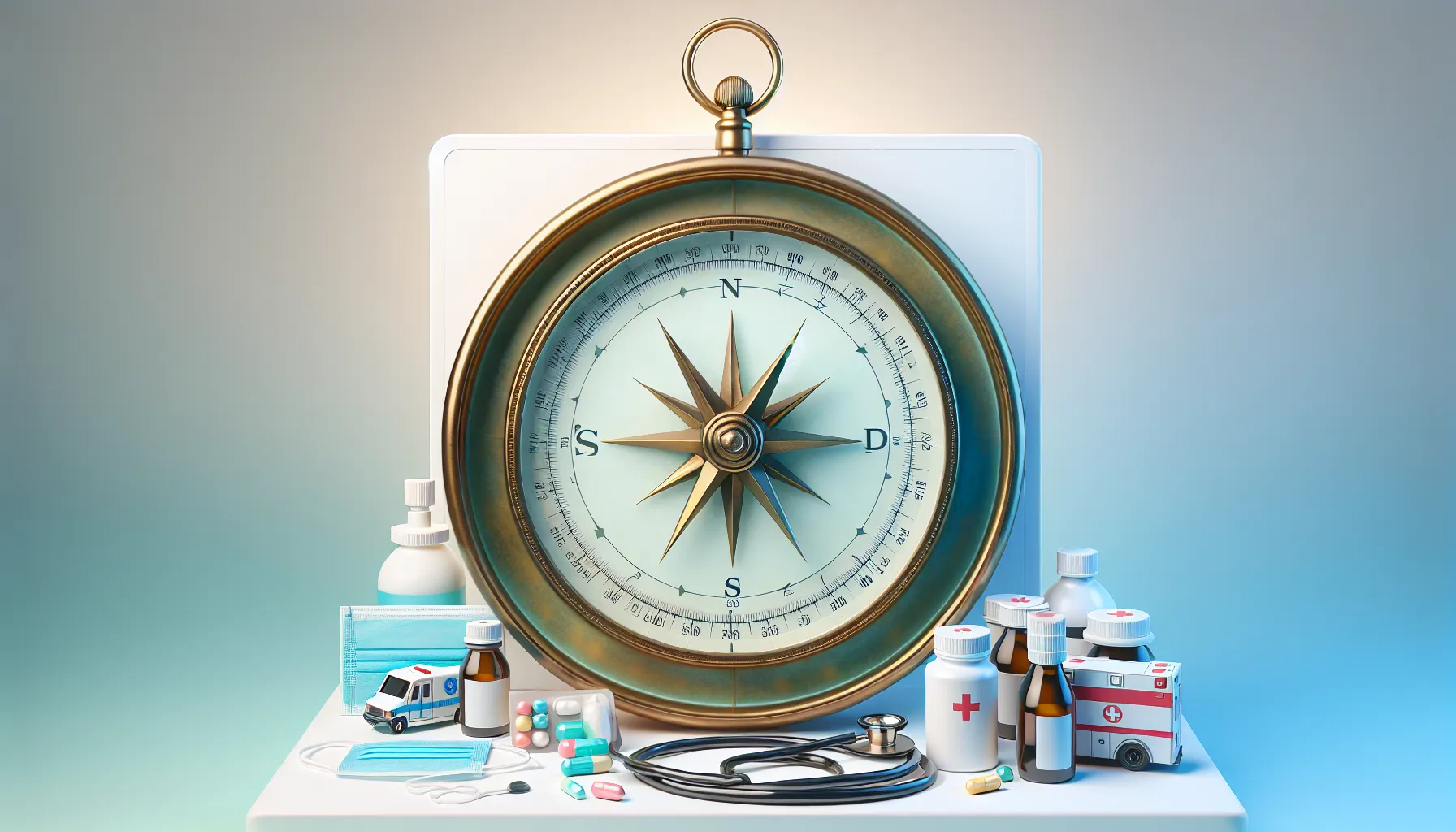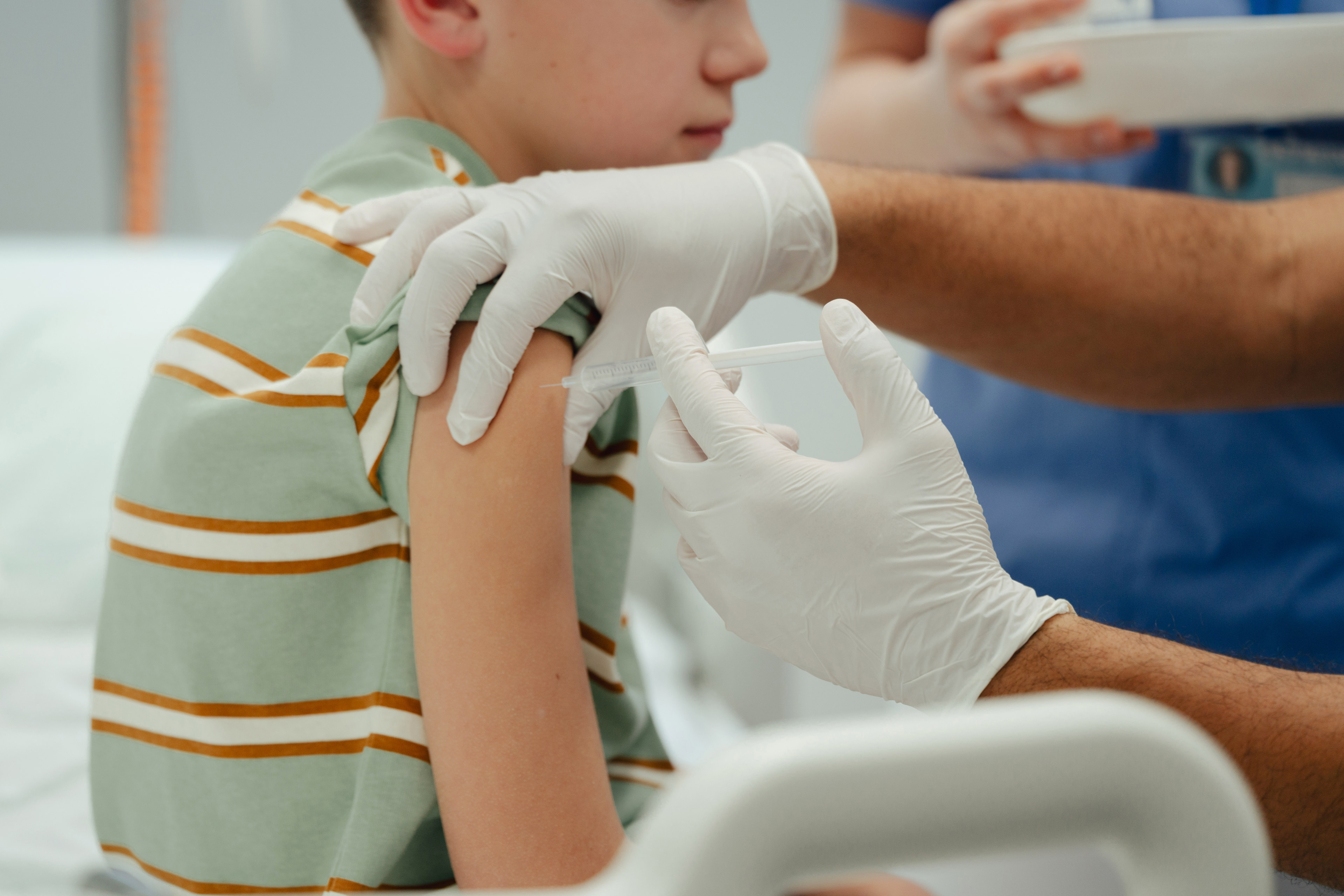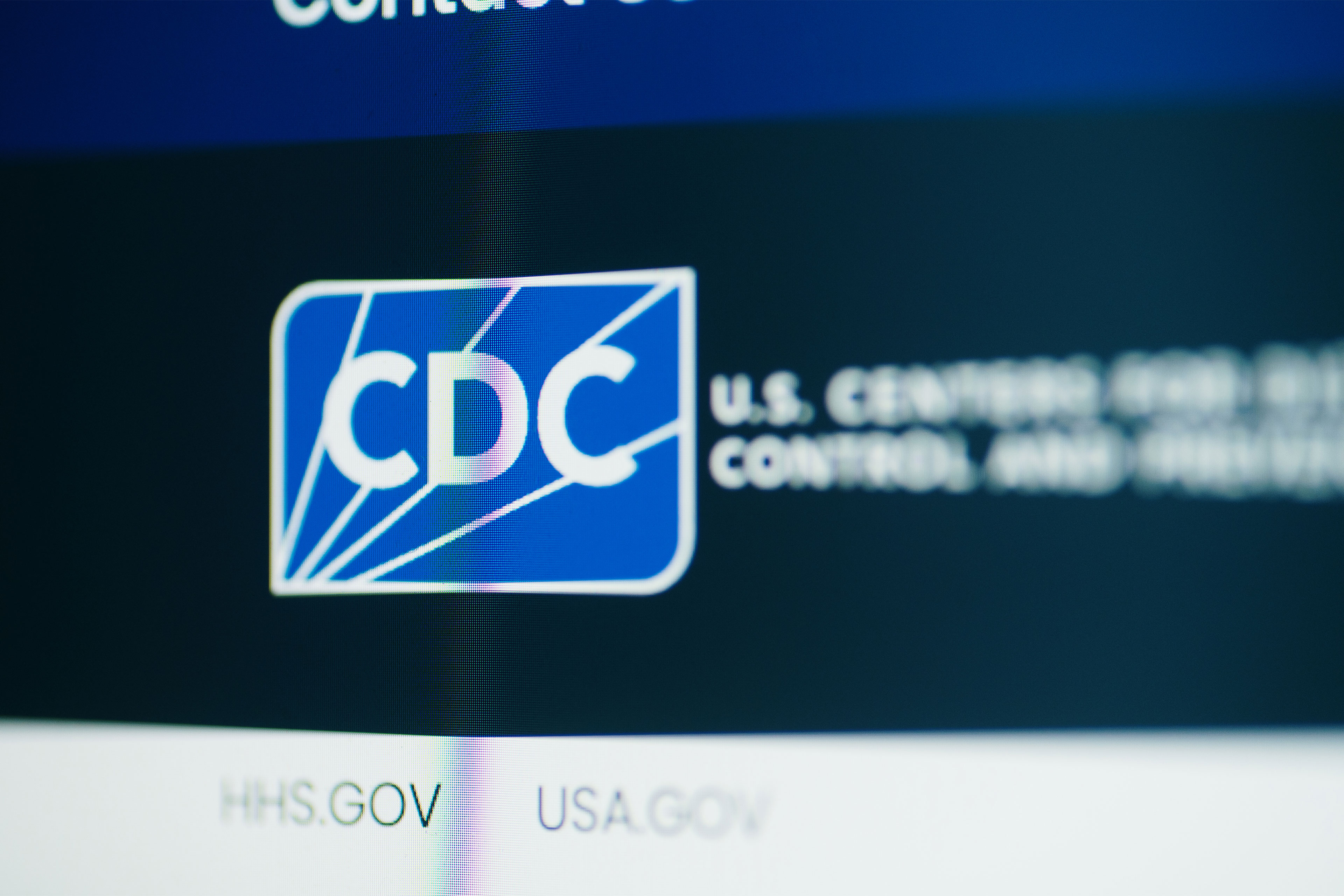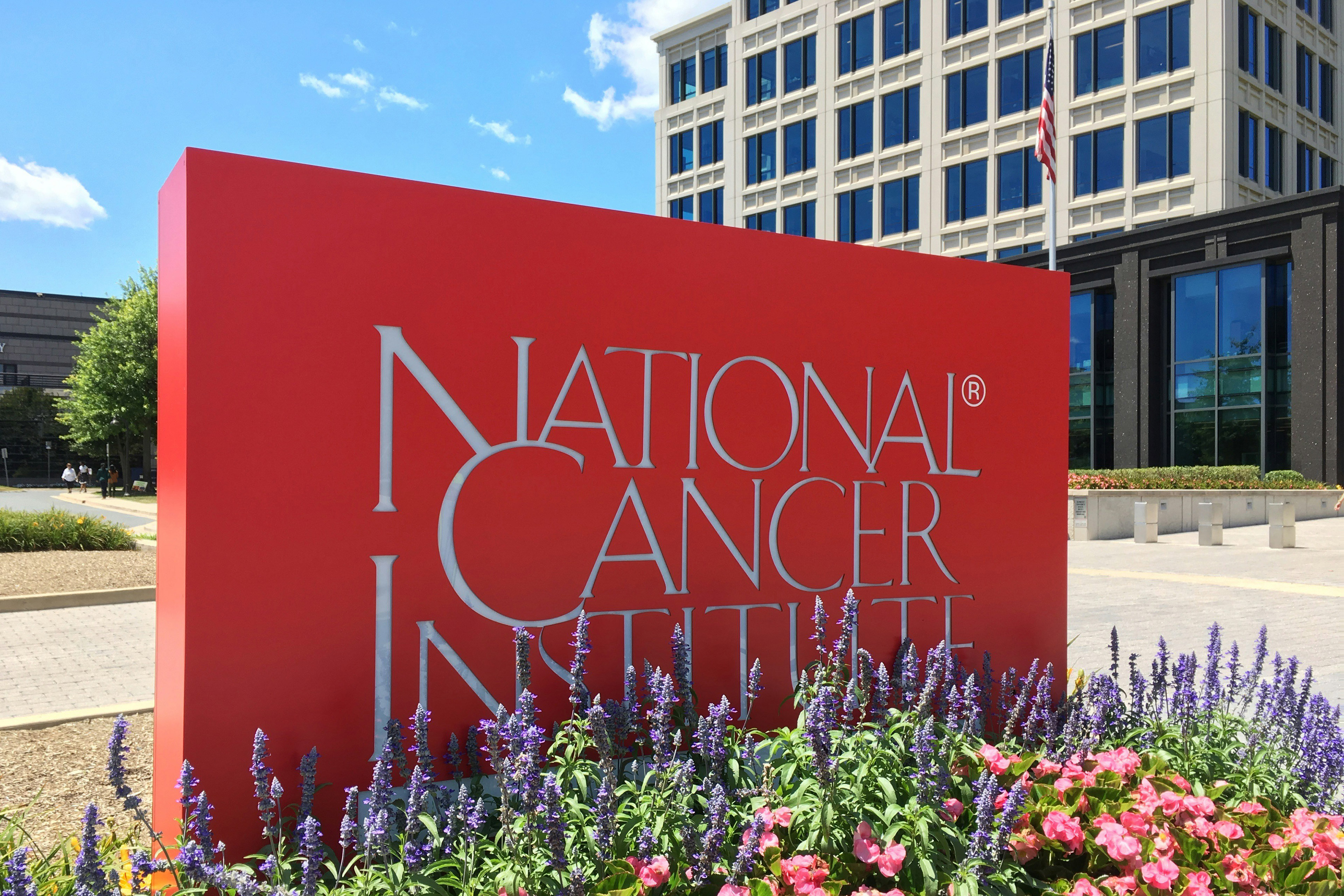Healthcare crises can be challenging, but there are ways to effectively manage them. This article presents valuable insights from healthcare experts on navigating difficult times. Learn practical strategies to prepare, advocate, and optimize your healthcare experience during crises.
- Be Proactive and Prepare for Healthcare Shifts
- Keep Medical Records Accessible and Stay Informed
- Advocate for Yourself in the Healthcare System
- Build a Strong Healthcare Advocacy Network
- Embrace Preventive Care to Minimize Crisis Impact
- Utilize Telemedicine for Non-Emergency Health Concerns
- Research Alternative Care Options Before Crises Occur
- Develop a Clear Healthcare Communication Strategy
Be Proactive and Prepare for Healthcare Shifts
We learned that timing matters more than ever. Waiting to ask questions just adds stress later. During the crisis, we proactively called doctors always. It helped us avoid confusion and costly delays. You don’t need symptoms to be informed first. That preparation gave us calm when things shifted.
Our advice: don’t wait to understand your coverage. Call your provider and ask every question you think might be silly. Know where urgent care fits into your plan. During chaos, answers can disappear quickly. Get clarity now to protect yourself later. Healthcare favors the patient who’s prepared, not panicked.
 Ivan Rodimushkin
Ivan Rodimushkin
Founder, CEO, XS Supply
Keep Medical Records Accessible and Stay Informed
When everything turned upside down during the pandemic, I quickly figured out that keeping all your medical records handy is a game-changer. I had to consult with a few different doctors via telehealth, and having quick access to my history, prescriptions, and previous test results saved a ton of time—and stress, too. And you know what? Most of the clinics were overwhelmed, so being able to manage minor health issues at home became essential. I stocked up on a basic first aid kit and learned a few things about over-the-counter medications that could safely handle minor ailments.
My key advice? Stay proactive about your health. Know the basics of managing common illnesses and always keep a list of medications you’re taking easily accessible—this helps a lot during unexpected doctor’s visits. And remember, staying informed and prepared can really make a difference when the system is stretched thin.
 Alex Cornici
Alex Cornici
Marketing & PR Coordinator, Magic Hour AI
Advocate for Yourself in the Healthcare System
One thing I learned quickly was: don’t wait for the system to call you—be your own squeaky wheel. During the pandemic, trying to schedule care or get straightforward answers felt like shouting into the void unless you followed up, asked the right questions, and pushed for clarity. My advice? Document everything—names, dates, what was said—and don’t be afraid to ask, “What’s the next step and how soon can I expect it?” The people inside the system are overwhelmed too, so persistence isn’t rude—it’s survival.
 Justin Belmont
Justin Belmont
Founder & CEO, Prose
Build a Strong Healthcare Advocacy Network
Establishing a support network for healthcare advocacy is crucial during times of crisis. This network can include family members, friends, or professional patient advocates who can help navigate complex healthcare systems. These advocates can assist in understanding medical information, making informed decisions, and communicating effectively with healthcare providers.
Having a support system in place can reduce stress and ensure better healthcare outcomes. It’s important to identify potential advocates before a crisis occurs and discuss roles and expectations. Take the time to build your healthcare advocacy network today to be prepared for future challenges.
Embrace Preventive Care to Minimize Crisis Impact
Prioritizing preventive care is a key strategy for minimizing the impact of healthcare crises. Regular check-ups, screenings, and maintaining a healthy lifestyle can help catch potential health issues early. This proactive approach can reduce the likelihood of medical emergencies and the need for urgent care during crisis situations.
By focusing on prevention, individuals can maintain better overall health and potentially avoid complications that may arise during times of limited healthcare access. Preventive care also often includes staying up-to-date with vaccinations, which can be crucial during public health emergencies. Make preventive care a priority in your healthcare routine to better prepare for potential crises.
Utilize Telemedicine for Non-Emergency Health Concerns
Telemedicine services have become an invaluable resource for non-emergency consultations, especially during healthcare crises. These virtual appointments allow patients to receive medical advice and care from the safety and comfort of their homes. Telemedicine can help reduce exposure to potential health risks in crowded waiting rooms and conserve medical resources for those in critical need.
Many common health concerns can be addressed through video calls, phone consultations, or secure messaging platforms. Familiarizing oneself with telemedicine options and how to use them effectively can be a significant advantage during times of crisis. Explore telemedicine services offered by your healthcare provider and learn how to utilize them effectively.
Research Alternative Care Options Before Crises Occur
Researching alternative healthcare options in advance is a proactive step in preparing for potential crises. This may include identifying urgent care centers, community health clinics, or specialized facilities that could provide care if primary healthcare sources become overwhelmed. Understanding the services offered by different healthcare providers and their locations can save crucial time during emergencies.
It’s also beneficial to be aware of home care options and basic first aid techniques for minor health issues. Having this knowledge can help individuals make informed decisions quickly when faced with healthcare challenges. Take time to research and document alternative healthcare options in your area for future reference.
Develop a Clear Healthcare Communication Strategy
Developing a crisis-specific healthcare communication plan is essential for navigating uncertain times. This plan should outline how to quickly and effectively share important health information with family members, caregivers, and healthcare providers. It may include creating an up-to-date list of current medications, allergies, and medical conditions that can be easily accessed and shared.
The plan should also identify primary and backup methods of communication, such as phone, email, or secure messaging apps. Having a clear communication strategy can help ensure that critical health information is conveyed accurately and promptly during emergencies. Start creating your healthcare communication plan today to be better prepared for potential crises.











